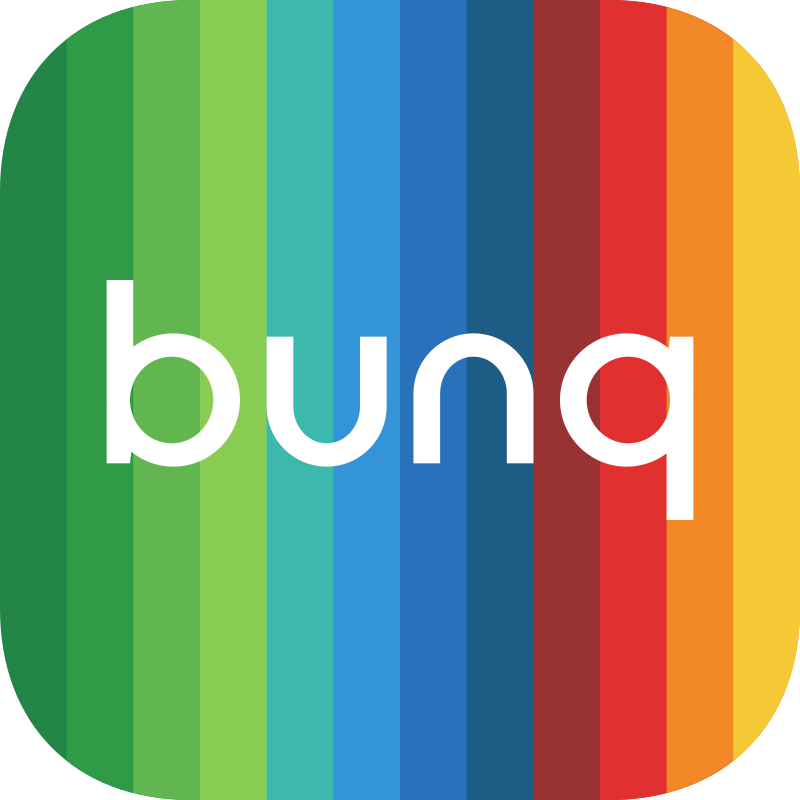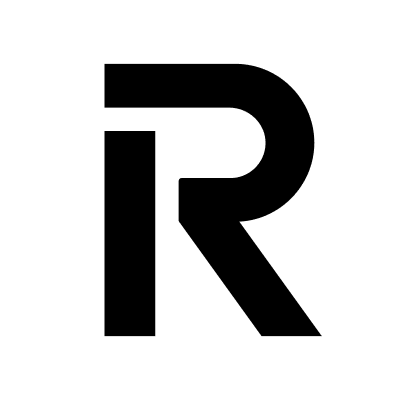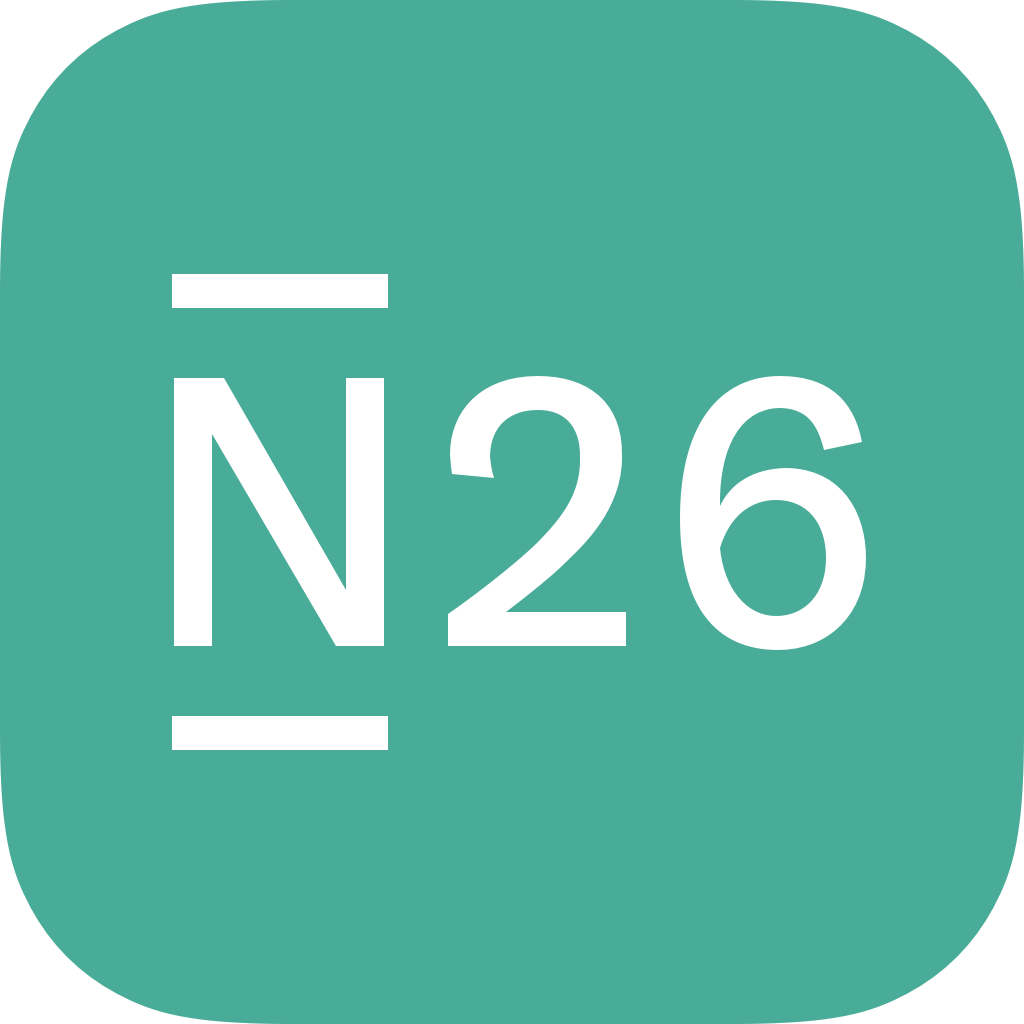Looking for a Dutch business bank account? As a freelancer, I found it difficult to find something affordable with all the features we need — so I set out on a hunt!
In this article, I’ve found the best banks that cater to freelancers and established businesses, are accessible to English speakers, and have high-tech invoicing and accounting features.
This post might have affiliate links that help us write the articles you love, at no extra cost to you. Read our statement.
Finom: Best business bank account for freelancers

While Finom’s speedy registration and lack of BSN requirements are already powerful pros, features such as its built-in invoicing tools make it an excellent choice for freelancers and SMEs.
Even better? With up to 3% cashback, seamless international payments to over 150 countries, and a free — yes, FREE — account, Finom will help you save money, too!
bunq: Best for feature-rich banking

Dutch neobank bunq offers a handy AutoVAT system, seamless tap to pay capability for iPhone and Android, and a wide range of invoicing and bookkeeping integrations.
You’ll need to upgrade to a paid plan to get most of these features, but they’re well worth it.
Revolut: Best for international business banking

Combining the ability to “spend like a local” in 150 currencies and hold cash in up to 25 currencies, Revolut is a great choice for those with foreign clients.
Plus, Revolut’s powerful spend management tools help manage budgets and track company expenses — an asset for budding freelancers and established businesses alike.
Qonto: Best for team management

Qonto is a real game-changer when it comes to managing a team’s finances, whether that’s supervising multiple sub-accounts, setting custom permissions, or tracking down stray transactions.
Plus, your team can forget about needing to whip up invoices from scratch! The app allows you to upload your entire product or service catalogue, streamlining your entire invoicing process to just a few simple clicks.
N26: Best free business bank account

With comprehensive monthly breakdowns of all payments made, 0.1% cashback on all purchases, and deposit protection of up to €100,000, N26 is a great choice for a free and reliable business bank account.
Whilst there’s no physical card available with N26’s free plan, handy software helps wrangle your invoices and tax returns for you.
Rabobank: Most affordable Dutch business bank account

In addition to its comprehensive free plan for ZZP’ers, Rabobank offers a traditional banking experience with excellent customer service.
Though not all information is available in English, its 24/7 customer support and physical branches are excellent at simplifying the banking process for business owners.
4 reasons to set up a business bank account in the Netherlands
With countless options to choose from, it’s high time we delved into why it’s a good idea to set up a Dutch business bank account. 👇
1. Conducting transactions in the Eurozone is easier than ever
Thanks to the Netherlands being in the SEPA zone (the European Union’s Single Euro Payments Area), making electronic payments to other EU countries and select non-EU countries is as cheap and speedy as making domestic transfers, provided you have a European IBAN.
READ MORE | Money transfers in the Netherlands: the easy (and cheap!) guide
Getting a Dutch bank account, therefore, is essential. If you’re planning on conducting any form of business in the EU, you’ll save precious time and money on cross-border cash transfers.
2. Invoicing is seamless and organised
Business bank accounts nowadays often come with a variety of built-in invoicing features and options to integrate accounting software like Xero or QuickBooks.

As a result, you’re spared the hassle of wrangling unpaid bills yourself.
3. You can keep your home and work life separate
With a clear division between your personal bank account and that of your company’s, you needn’t scratch your head and wonder if that €50 was a tax-deductible business expense or last week’s grocery bill.
Let op: According to the KVK (Dutch Chamber of Commerce), some banks specify that non-business accounts are only for your personal use.
For this reason, making too many business transactions from a personal bank account may look quite suspicious and lead your bank to investigate your financial history.
4. There’s clearer insight into your business finances
When your business transactions are free of personal expenses, you have a far better picture of how well your income stacks up against the costs you’ve incurred over a financial period.
Even better? Most business bank accounts come with expenditure-tracking software, which will give you an in-depth look at how well your company is performing financially.
What documents do I need to open a Dutch business bank account?
In general, you will need a KVK number and valid proof of identity in order to open a business bank account in the Netherlands.
What is a KVK number? This is a unique identification number that the KVK (Dutch Chamber of Commerce) issues a business after it has been officially registered.
READ MORE | Becoming a freelancer in the Netherlands: The 2025 ZZPer guide
However, many banks may also ask for a few additional details, such as your business address, the legal structure of your company, and what operations it will undertake.
As a result, it’s always a good idea to have documents outlining these at the ready.
You may also be interested in:
- How to open a bank account in the Netherlands: the ultimate guide
- The best credit cards for expats in the Netherlands
- Dutch savings accounts: Best interest rates in the Netherlands in 2025
- Best banking apps for internationals in the Netherlands
- Investing in the Netherlands: 7 great apps for getting into stocks in 2025
Whether you’re a budding freelancer or the proud owner of an established company, there are many reasons to consider opening a business bank account for your Dutch company.
Have you opened a business bank account in the Netherlands? Tell us all about your experience in the comments below!
Business bank accounts in the Netherlands: Frequently asked questions
With a lot of info to sift through, it’s only natural that you’d have some questions. Let’s run through some of them! 👇
What is the best bank account for small businesses in the Netherlands?
Do I need a business bank account in the Netherlands?
Whilst it’s not mandatory to open a business bank account here in the Netherlands, having one will offer a much clearer overview of your finances and help keep your work and personal life separate.
In addition to this, some Dutch banks explicitly state that personal accounts are only for personal use. Too many business transactions may cause them to flag your account and investigate your financial history.
What is the best Dutch bank for freelancers?
What do I need to open a business bank account in the Netherlands?
All banks will ask you for your KVK number and some proof of identification, but many may also require you to submit additional details (such as your business address, the legal structure of your company, and what operations it will undertake).
